
A little #InsideBaseball as to how #United328’s engine problem was handled, from a #B777’s #pilot point of view.. Although startling for both #flightcrew and passengers, an engine issue such as this one is something we constantly train and plan for.. 
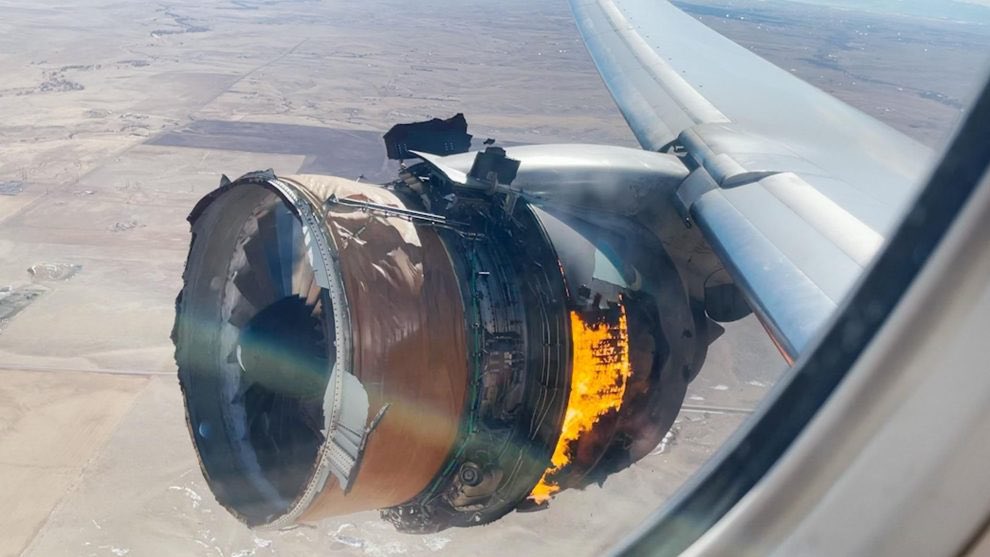
As I mentioned on previous tweet, the aircraft handling aspect of the situation is quite normal in that the jet would have, by this point in the flight, most likely have been on autopilot, but if not, the Thrust Asymmetry Compensation (TAC) system works the same way.. 

In simple terms, the system compares engine parameters, and when it detects that one engine’s rotational velocity is higher than the other by a specific percentage, it applies rudder trim inputs to compensate for what it interprets as disimilar thrust..
infinidim.org/b777-tac-thrus…
infinidim.org/b777-tac-thrus…

Now, the #B777, as every other modern commercial airliner in operation today, has a #Flightdeck crew complement of 2, the Captain and First Officer. Prior to the flight, they would have agreed on who actually flies the sector that day and who handles radio comms and other tasks.. 

Now that the aircraft’s flight path is under control, let’s deal with the engine issue. At the 1:01 mark, you hear the fire alarm in the background as the Pilot Monitoring (pilot handling the radios) makes the initial radio call advising ATC of an issue.. 

The Pilot Flying (pilot handling the aircraft) is worried solely on aircraft path control. At this point, the #B777 presents the crew with the applicable non-normal checklist through a system called the ECL (Electronic checklist)



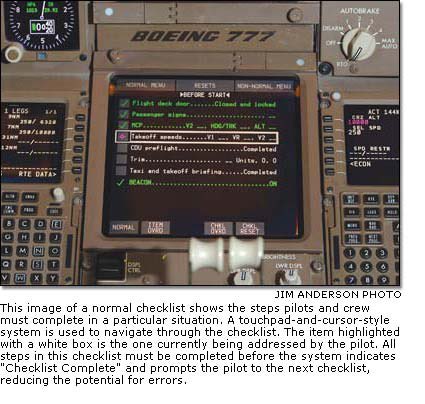
The amazing thing about this checklist interface is that it can discern whether a step has been completed via the called-for switch, button or lever position by automatically marking the item as complete when the condition is satisfied. This is called a Closed Loop Item.. 

Open Loop Items are those that the ECL can’t confirm as completed ie. advising ATC of an inflight issue or performing the appropriate calculations to determine required landing distance.. 
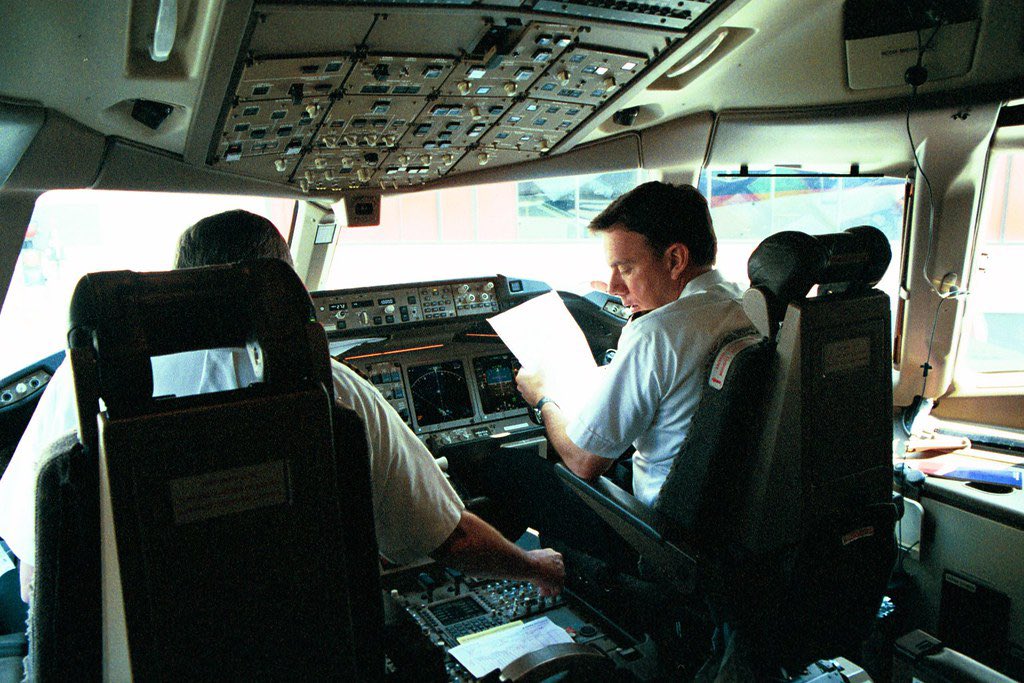
So based on the fire alarm, it is my estimation, the ECL called for the Engine Fire Non-normal Checklist.. 



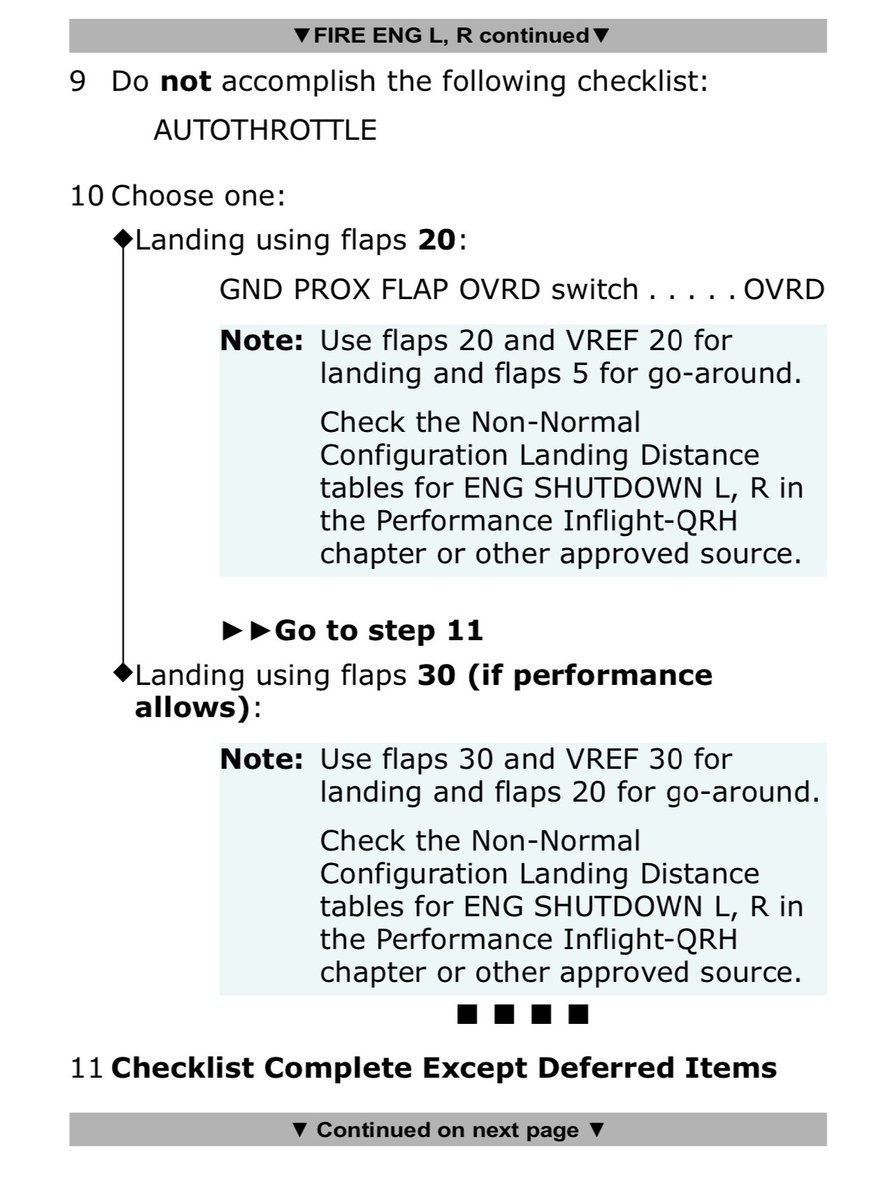
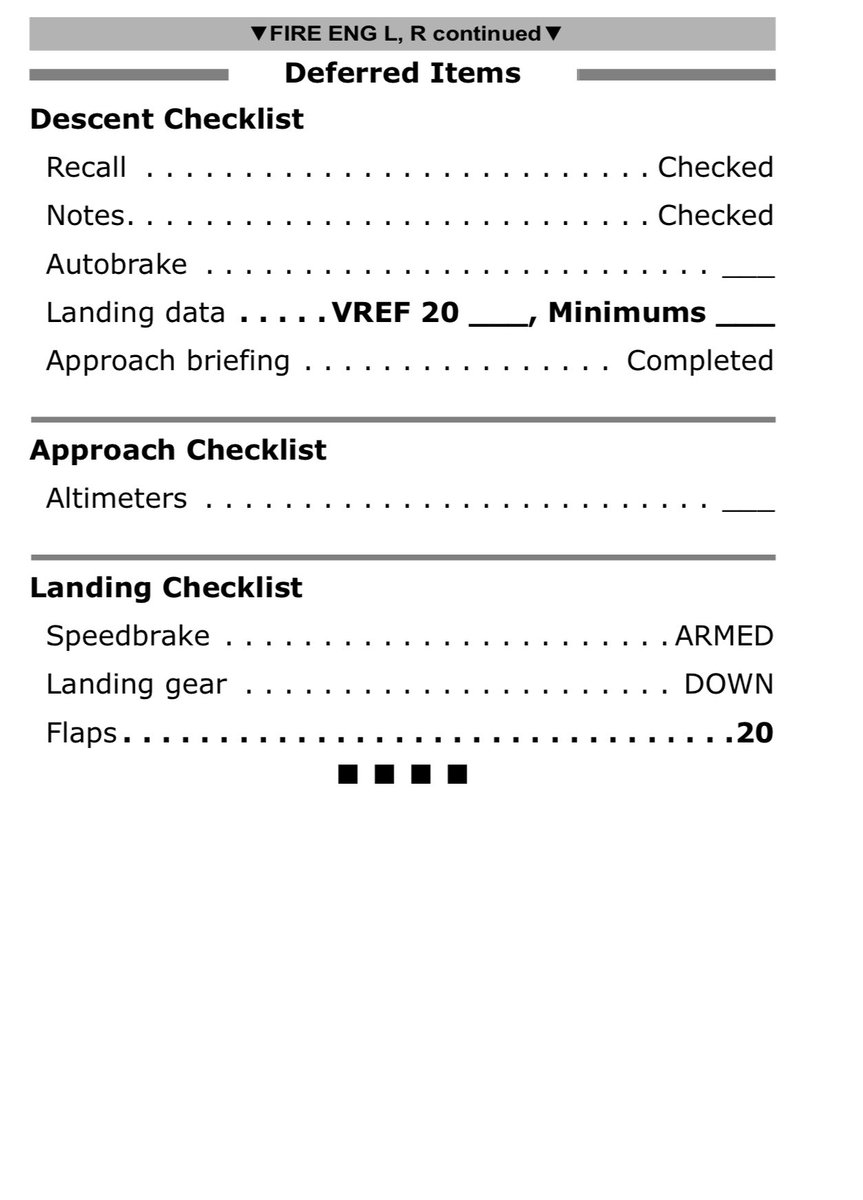
The purpose of this checklist is to isolate and secure the engine and to configure the aircraft for a single engine landing. It is a very straight forward read-and-do procedure. 

As I mentioned in a previous tweet, the beauty of the #B777 is that it has independent Auto-throttle systems for each individual engines. The auto-throttle automatically maintains engine power based on whatever airspeed is requested by the crew or the Flight Management System.. 



That, combined with the TAC we discussed earlier, makes for a very pilot-friendly environment when dealing with engine issues specially when such a high workload situation presents itself.. 
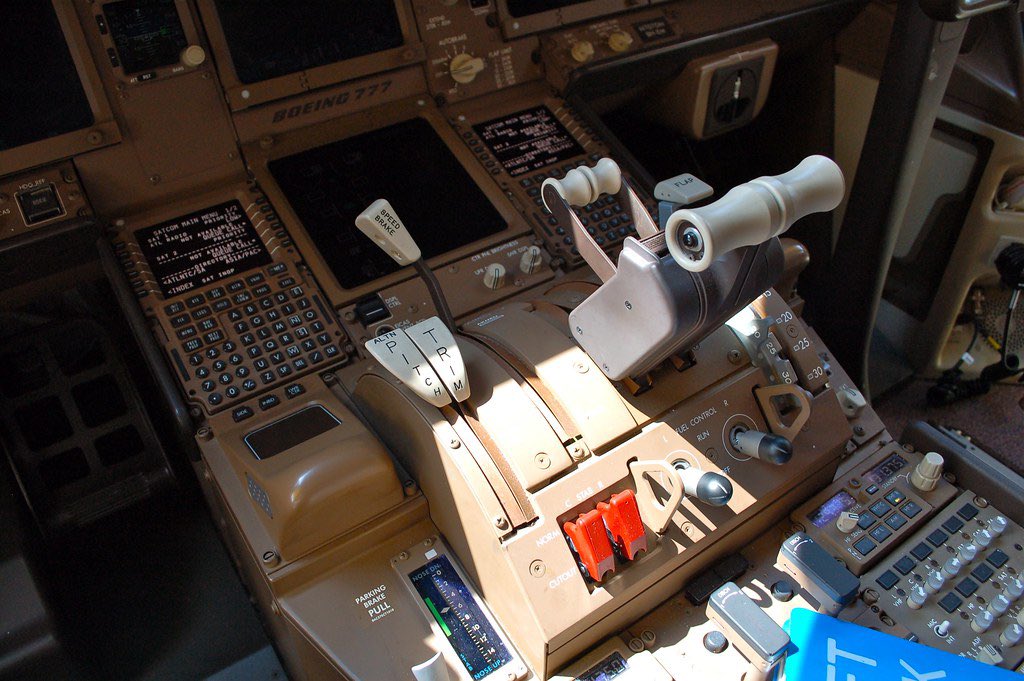
So we initially switch off the Auto-throttle to the affected engine, retard the affected engine’s thrust lever and place the Fuel control switch to the OFF position. All of this effectively turn the engine off.. 


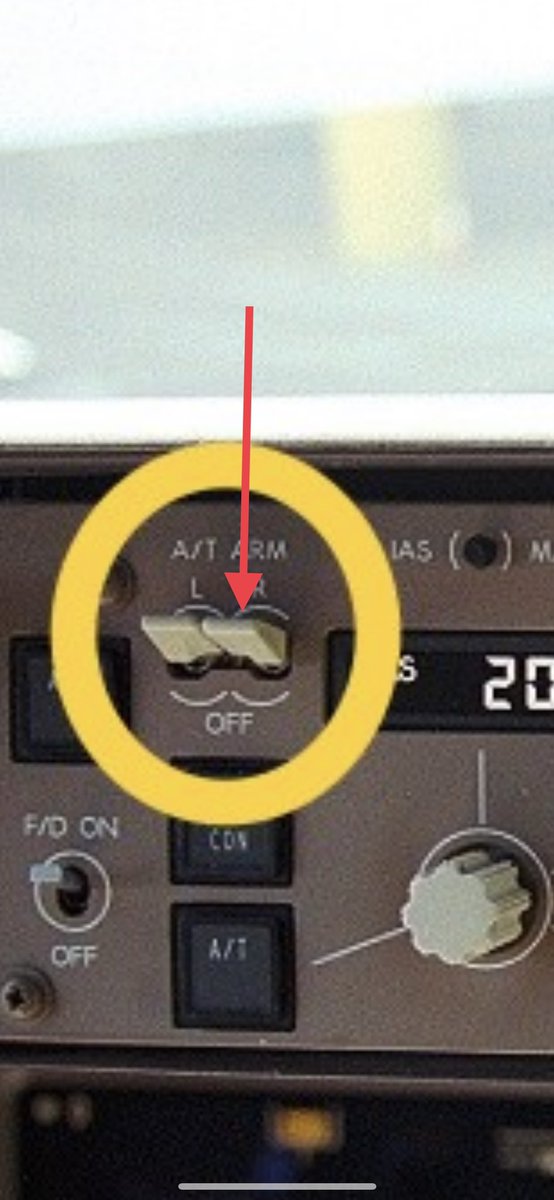

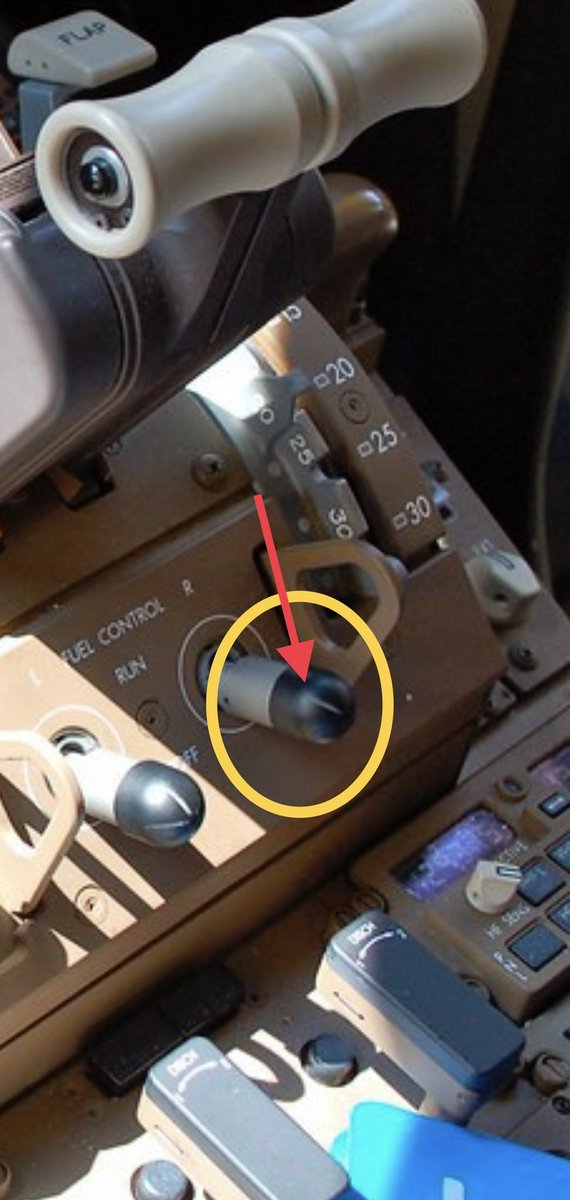
After the engine is shut down, we now need to isolate the Fuel, Electric, Pneumatic and Hydraulic systems from that engine, and that is simply done by pulling on the appropriate Engine Fire Switch.. 
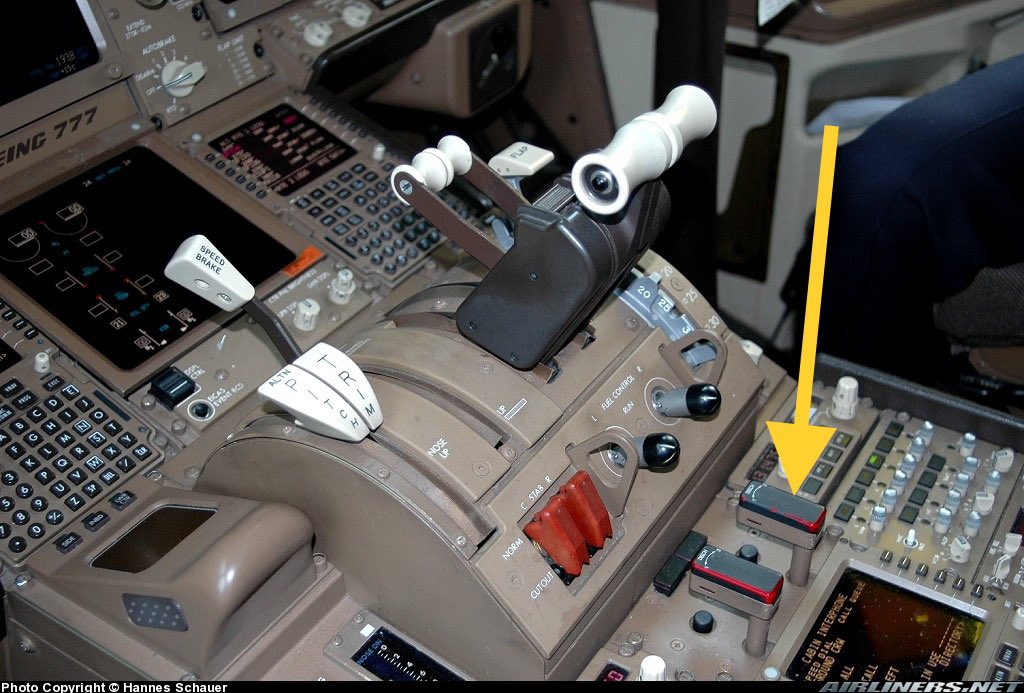
That action will additionally arm the fire suppression system for the affected engine. Also, the system will illuminate the affected fuel control switch and engine fire switch RED to aid the crew in recognizing the affected engine.. 
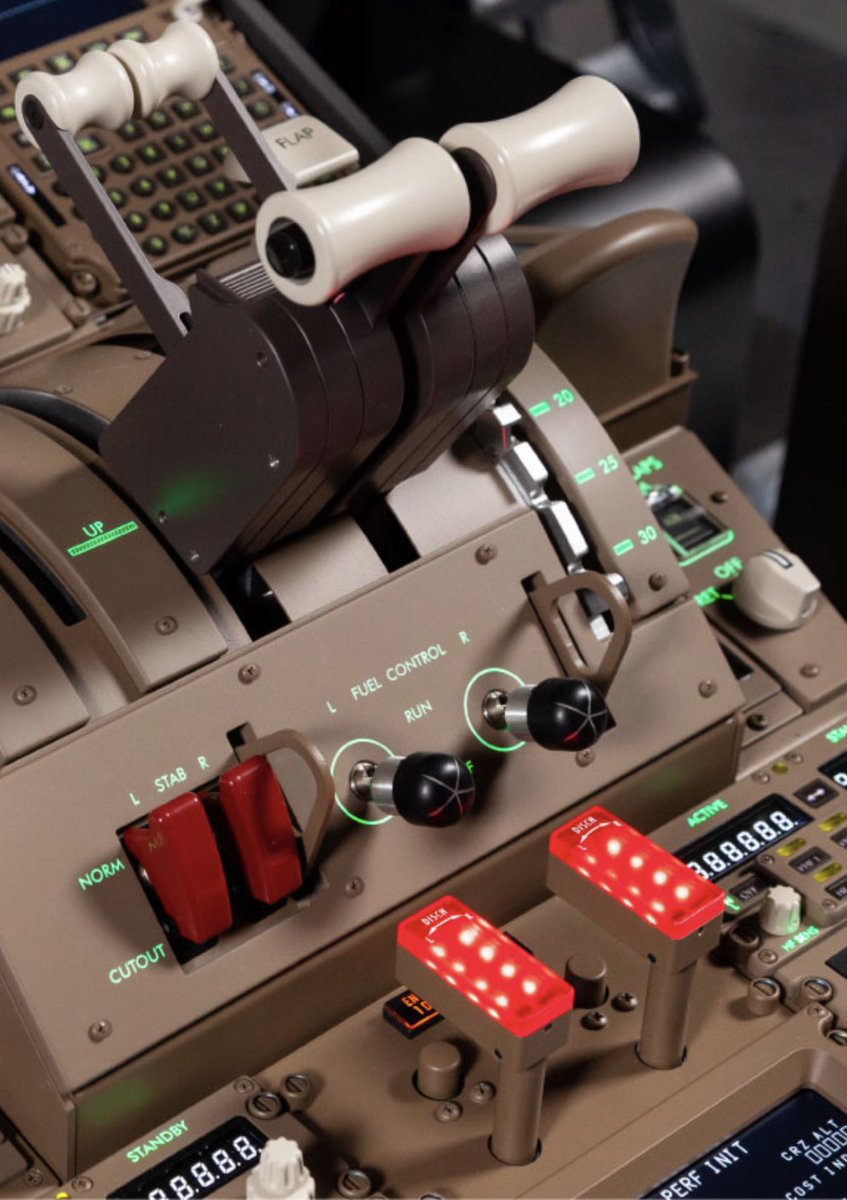
>If< after pulling the engine fire switch the fire alarm continues, you are to discharge one of two available fire extinguishers into the engine by rotating the handle either to the left or right, and repeat if after 30 more seconds the fire warning is still on.. 

Modern commercial aircraft are all equipped with what’s called an Auxiliary Power Unit, which in essence is a small jet engine in the very tail-cone of the aircraft and it provides electrical and pneumatic power when the engines are shut down ie. jet is at the gate.. 


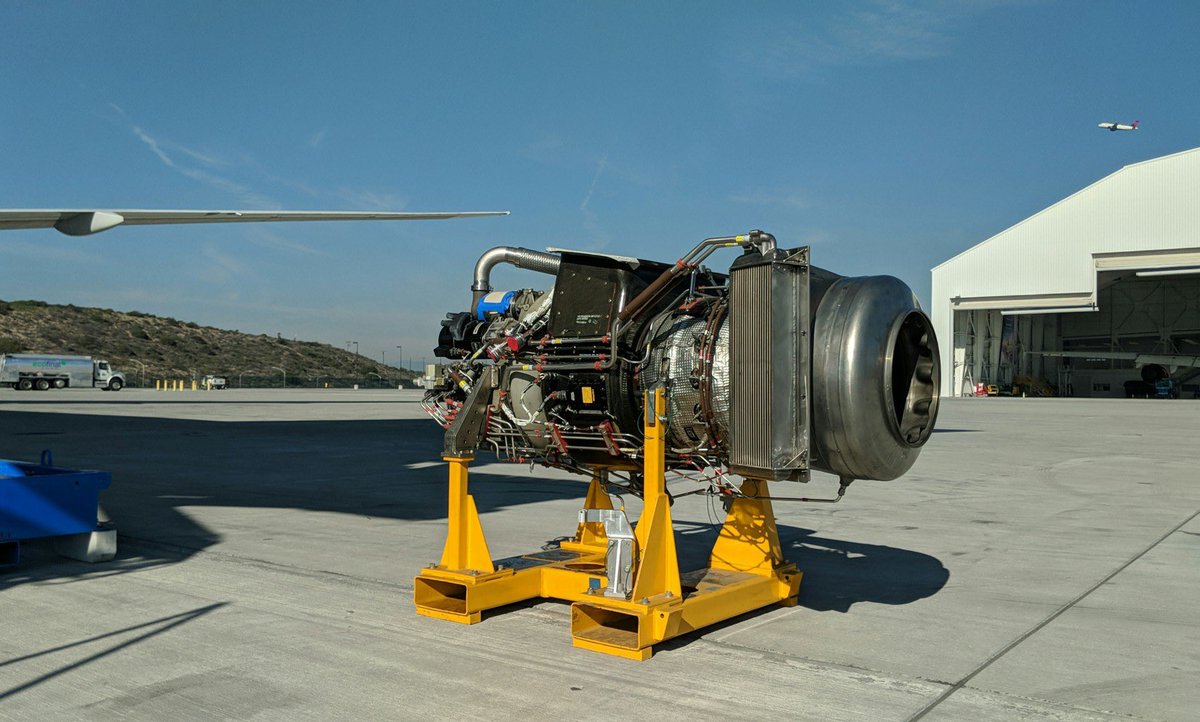
Since we disconnected the electrical generator from the affected engine when we pulled on the engine fire switch, we will now call on the Auxiliary Power Unit’s electrical generator to fill in for the affected one by turning the APU switch to on.. 


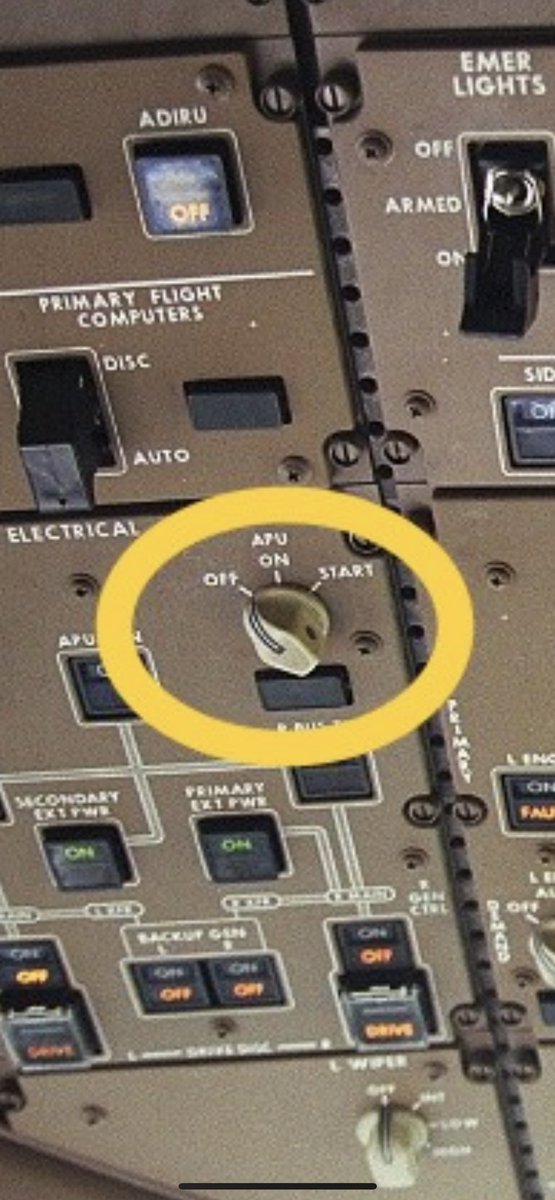
And from there we have a perfectly stable and operational aircraft, sans the affected engine, and a normal approach and landing can be made. 
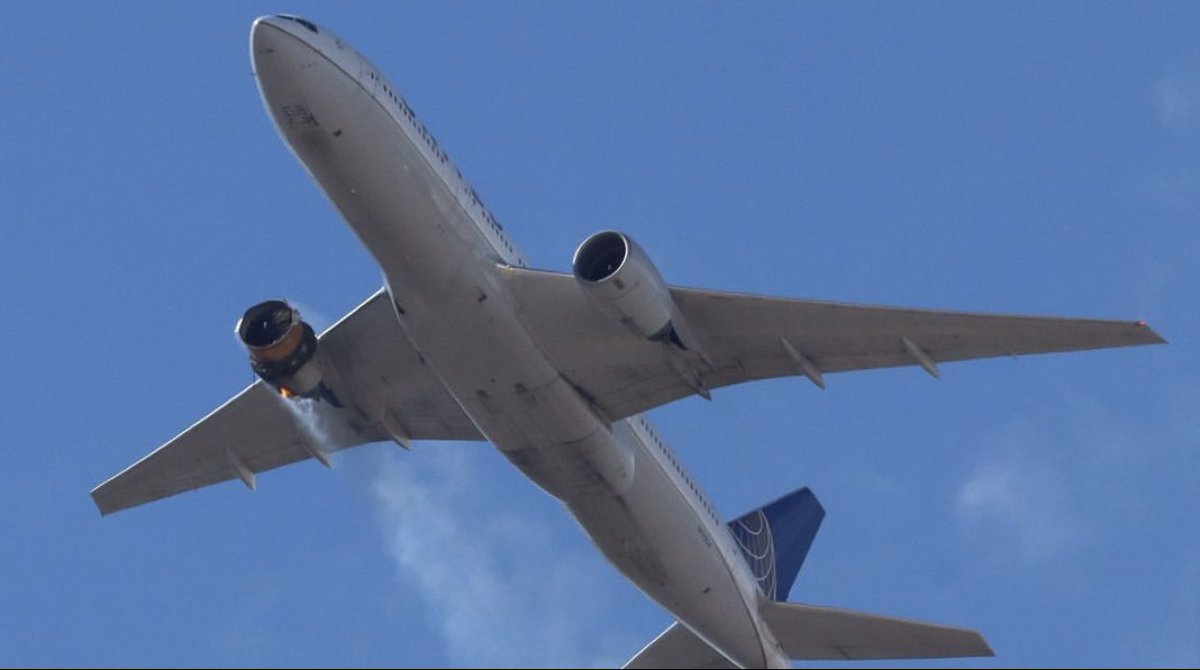
Another interesting aspect of the #B777 is that unlike the #B757/#B767, a single engine landing CAN be made with full landing flap (30) if the performance calculations so allow, making this one of the few aircraft in service capable of a complete hands-off AUTOMATIC landing! 

So you see?? The sky isn’t falling, all was well, the #FlightCrew did exactly what they had trained countless times to do, the engine will be swapped out, the aircraft fixed and those affected will be Lūʻau-ing in #Hawaii (if that’s a word) before you can say #Mahalo! The End. 

• • •
Missing some Tweet in this thread? You can try to
force a refresh



